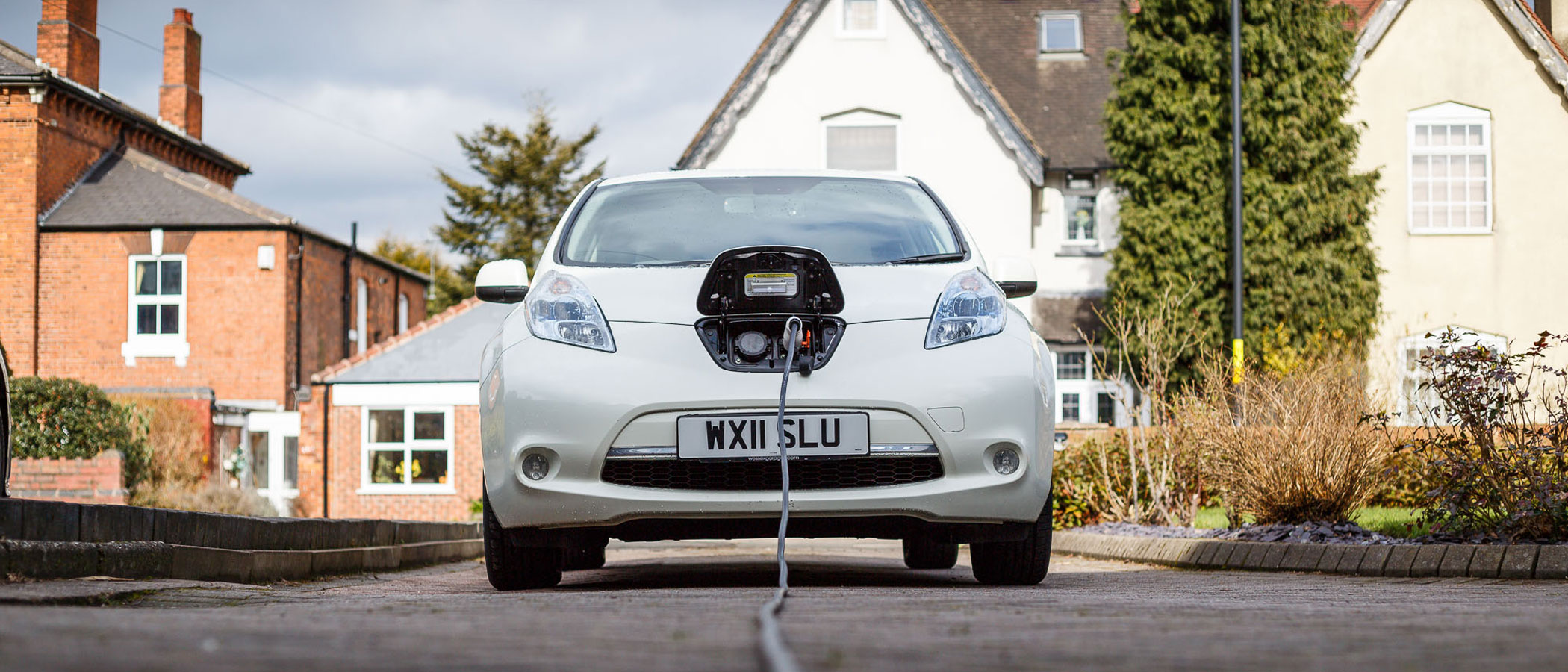20Shift: Your Daily Dose of Insight
Stay updated with the latest trends and news across various domains.
Charging Into the Future: Why Electric Cars are Here to Stay
Discover why electric cars are revolutionizing the road and shaping our future. Join the charge towards a sustainable and efficient tomorrow!
The Environmental Impact of Electric Cars: Driving Toward a Greener Future
The environmental impact of electric cars is a critical topic in today's discussion about sustainable transportation. These vehicles are known for producing zero tailpipe emissions, which significantly reduces air pollution in urban areas. Additionally, electric vehicles (EVs) contribute to a decrease in greenhouse gas emissions, especially when powered by renewable energy sources such as solar or wind. A shift towards electrification not only helps in combating climate change but also promotes a more sustainable future. As cities adopt electric cars, we can expect a cleaner atmosphere and improved public health outcomes.
Moreover, the transition to electric vehicles comes with challenges, such as battery production and disposal. It's essential to consider the full lifecycle of EVs, from manufacturing to end-of-life recycling. Innovations in battery technology, including improved recycling processes and the development of less harmful materials, are crucial for minimizing the overall environmental footprint. As consumers and manufacturers alike embrace electric cars, policies that support sustainable practices in production and waste management will help drive us toward a greener future.

Understanding Electric Vehicle Technology: How They Work and Why They Matter
Understanding Electric Vehicle (EV) technology is essential as more consumers and manufacturers shift toward sustainable transportation solutions. At the core of EVs is the electric motor, which converts electrical energy into mechanical energy to propel the vehicle. Unlike traditional combustion engines that burn fuel, EVs utilize large batteries, often lithium-ion, to store electricity, allowing them to achieve remarkable efficiency. When the accelerator is pressed, power is drawn from the battery, which activates the electric motor, enabling instant torque and a smooth driving experience.
Furthermore, the adoption of electric vehicles is crucial for reducing carbon emissions and combating climate change. By eliminating tailpipe emissions and using renewable energy for charging, EVs significantly lower the overall environmental impact of transportation. Government incentives, advancements in battery technology, and expanding charging infrastructure are making EVs more accessible than ever. As consumers become more aware of their environmental footprint, understanding the mechanics and benefits of this technology will empower them to make informed choices in favor of a greener future.
Are Electric Cars Worth the Investment? A Comprehensive Cost-Benefit Analysis
Electric cars have gained significant popularity in recent years, prompting potential buyers to question: Are electric cars worth the investment? To answer this, one must consider both the initial costs and the long-term savings associated with owning an electric vehicle (EV). While the purchase price of electric cars can be higher than that of conventional vehicles, government incentives such as tax credits and rebates can help offset these costs. Additionally, the cost of electricity for charging is generally lower than gasoline, leading to substantial savings on fuel expenses over time.
When conducting a comprehensive cost-benefit analysis, it's essential to consider various factors that contribute to the overall value of electric cars. Aside from fuel savings, electric cars often feature lower maintenance costs due to fewer moving parts and no oil changes. Furthermore, many EVs come with warranties that cover battery life, ensuring peace of mind for buyers. Ultimately, while the upfront investment may be higher, the long-term benefits, including lower operational costs and the environmental impact, make electric cars a compelling choice for many consumers.